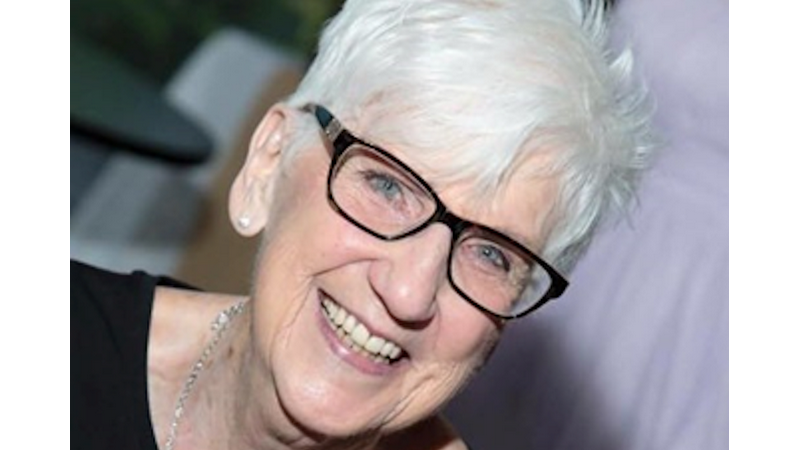On March 30 of this year, as on every March 30 — the birthday of painter Vincent Van Gogh — the International Bipolar Foundation (IBF) joined with others to observe World Bipolar Day.
It is a day to bring information to world populations that will educate and create a sensitivity to the disorder and eliminate stigma. This year, our NAMI was unable to celebrate the occasion because of COVID-19.
Van Gogh’s life is used as a symbol by IBF because he was posthumously diagnosed as probably having bipolar disorder. His paintings became famous after his death. Van Gogh faced social stigma throughout his life. The song “Vincent (Starry, Starry Night)” by Don McLean (hear it on YouTube), as beautiful as it is, tells the sad, sad story of Van Gogh’s life and the tragedy left in its path that stigma and misunderstanding can create.
Stigma — we talk about it. We say, “Stop the stigma.” But do we change opinions? Opinions are attitudes. There are all kinds of stigmas. The discrimination and prejudice that others have about mental illness is known as social stigma.
There is another kind of stigma associated with mental illness, and that is “self-perceived stigma” (SPS). A person who lives with a mental illness often internalizes the pain of the condition they suffer from because they are ashamed and feel they are being judged by their mental illness. One of the most difficult stumbling blocks in our NAMI peer recovery support groups is SPS.
A mental illness does not define who a person is. A person seeking treatment can live a functional life by educating themselves and adding structure to their life. Untreated bipolar can manifest itself and destroy a person’s life if they give it full rein.
Bipolar disorder is a brain disorder that causes unusual shifts in mood, energy, activity levels and the ability to carry out day-to-day tasks. Symptoms of bipolar disorder are severe and different from the normal ups and downs that everyone goes through from time to time. Treatment works. Advocacy groups such as NAMI and IBF are collaborating with experts and researchers to develop more effective medications and systems of care, and are working hard to bring about awareness and strategies that will make life better for individuals and their loved ones who live with illnesses such as bipolar.
We encourage people to seek treatment and support. By all of us working together — who knows? — we may eliminate stigma. If you are in crisis, seek help. Talk to a friend or dial 211 or 911.







